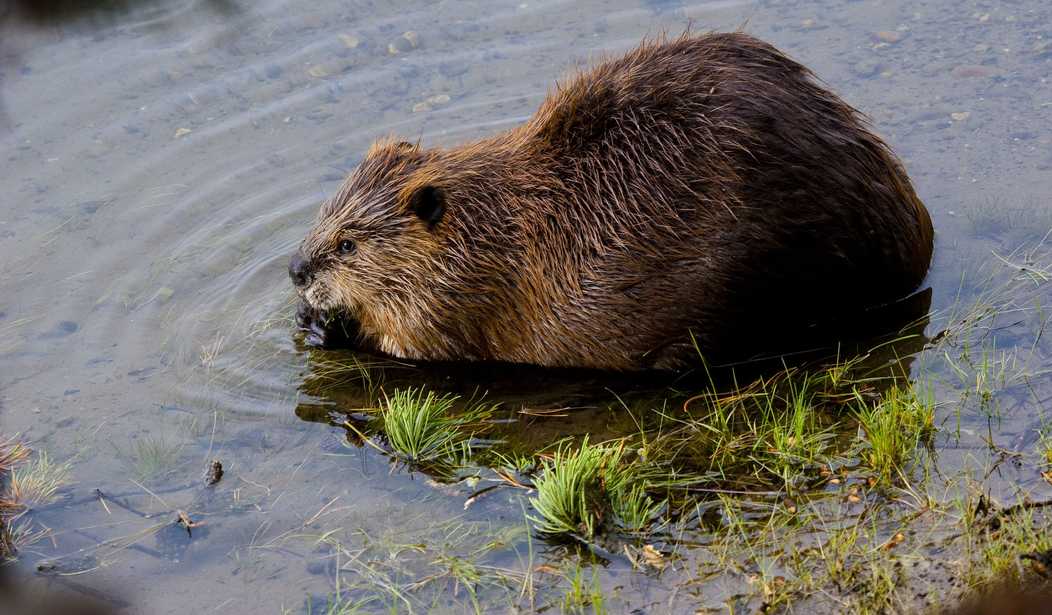The California Department of Fish and Wildlife (CDFW) is asking for the public’s help in identifying populations of invasive nutria (Myocasator coypus). The giant, rodents, natives of South America, have reportedly been reproducing in California, and CDFW authorities are trying to determine the extent of the infestation.
“To date, nutria have been found in wetlands, rivers, canals and other freshwater habitat in Merced, Fresno and Stanislaus counties,” CDFW explained in a recent bulletin. “If allowed to establish, nutria will severely impact California’s resources, causing the loss of wetlands, severe soil erosion, damage to agricultural crops and levees and reduced stability of banks, dikes and roadbeds, as they have done in Louisiana, Chesapeake Bay and the Pacific Northwest. Nutria also degrade water quality and contaminate drinking supplies with parasites and diseases transmissible to humans, livestock and pets.”
A multiagency Nutria Response Team has been activated, tasked with creating a nutria eradication plan.
“We have no idea how many there are or how they were reintroduced,” CDFW spokesman Peter Tira told NPR. “We don’t know if someone set one loose or if there was an isolated population out there that we didn’t know about. But we do know we have to get rid of them.”
It was thought that the invasive species was eradicated in the 1960s, but they have mysteriously returned in the past year. First brought to the U.S. in the early 1900s for the pelts, interest in them waned in the 1960s as the fur industry declined. As a result, many of them were released into the wild. In the years since, populations have been discovered in the Pacific Northwest, Maryland, California, and Louisiana.
The semi-aquatic critters are often mistaken for beavers and muskrats. Nutria can grow to nearly two and a half feet long—not including the tail—and can weigh up to 22 pounds.
The CDWF believes “early intervention actions could be successful in eradicating nutria from the area,” so they’re urging residents to report suspected nutria sightings. Reports can be submitted online, by e-mail to [email protected], or by phone at (866) 440-9530.










Join the conversation as a VIP Member